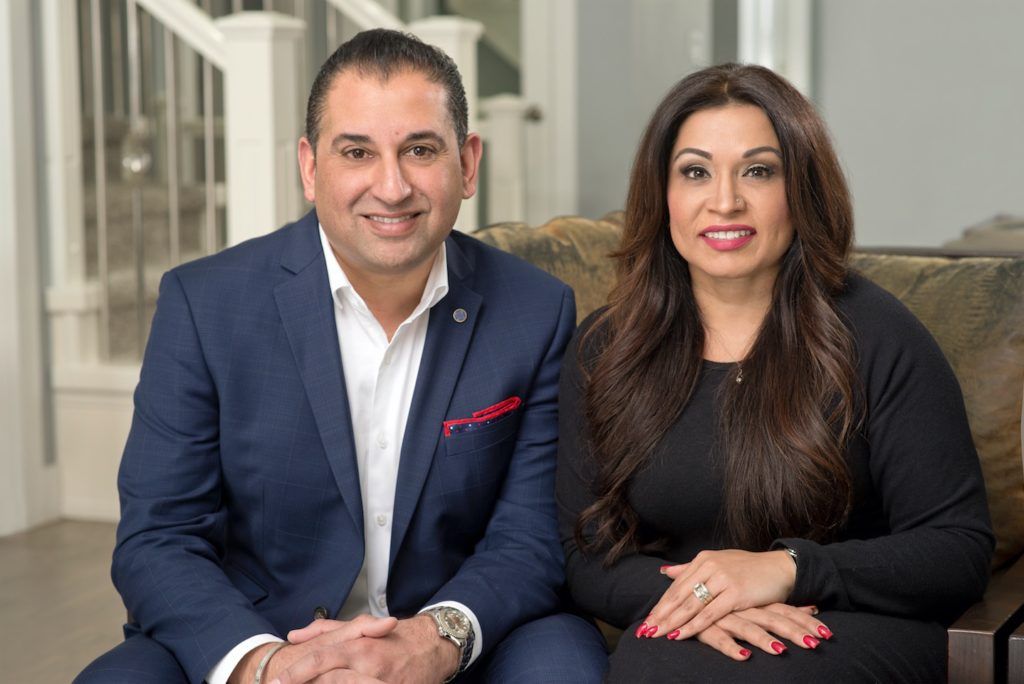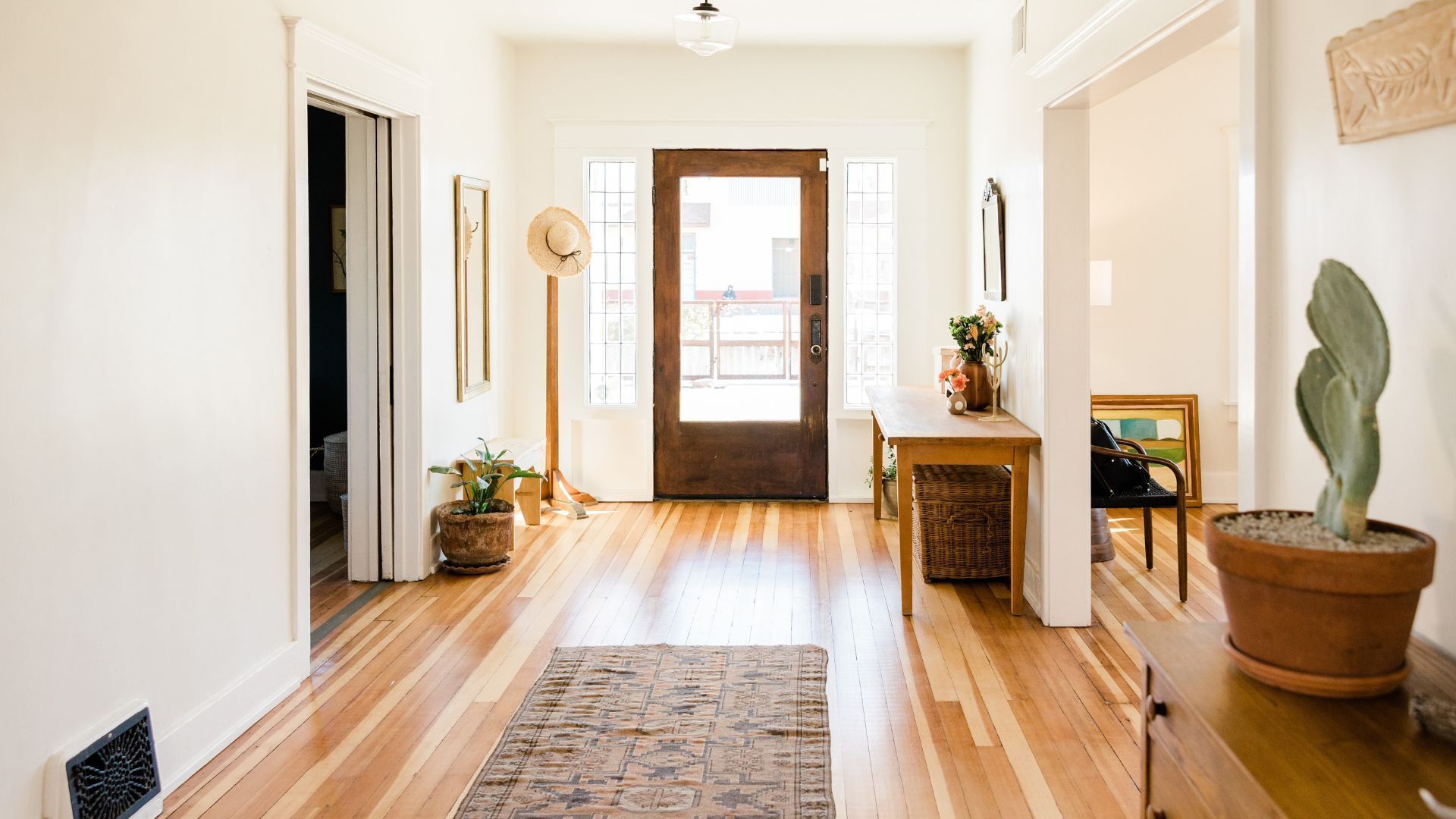Improving Your Credit Score
Your credit score and how you manage credit are huge factors in qualifying for a mortgage. If you want the best interest rates and mortgage products available on the market, you want a high credit score. Here are a few things you can do to improve your credit score.
Make all your payments on time.
Making your payments on time is so important; in fact, it might just be the most important factor in managing your credit.
Here's how credit works. When you borrow money from a lender, you agree to make payments with interest on a set schedule until the debt is repaid in full. Good credit is established and maintained by making your payments on time. However, If you break the terms of that schedule by not making your payments, the lender will report the missed payments to the credit reporting agencies, and your credit score suffers. It’s that simple.
The more payments you miss, the lower your score will be. If you fail to make payments for over 120 days, the lender will most likely send your debt to be recovered by a collection agency. Collections stay on your report for a long time.
So the moment you realize you have missed a payment or as soon as you have the money for it, make the payment. If something prevents you from making a payment, consider contacting the lender directly to let them know what happened and work out an arrangement to make the payment as soon as possible.
It's good to note that lenders only report late payments after a payment is 30 days late. If you miss a payment on a Friday and catch it the following Monday, you won't have anything to worry about - except maybe an NSF fee.
Now, just because payments don't report until being 30 days late, don’t get comfortable with making late payments; the best advice is to pay your debts on time, as agreed.
Stop acquiring new credit.
If you already have at least two different trade lines, you shouldn’t acquire new trade lines just for the sake of it. Of course, if you need to borrow money, like to purchase a vehicle to commute to work, go ahead and apply. Just remember: having more credit available to you doesn’t really help your credit score. In fact, each time a potential lender looks at your credit report, it may lower your credit score a little bit.
With that said, if you already have two different trade lines and your lender offers you an increase on your limit, take it. A credit card with a $10k limit is better for you than a credit card with a $2k limit because how much you spend compared to your credit card's limit impacts your credit score. This leads us directly into the next point.
Keep a reasonable balance.
The more credit you use compared to the limit you have, the less creditworthy you appear. It’s better to carry a reasonable balance (15-25% of the card’s limit) and pay it off each month than to max out your credit cards and just make the minimum payments. If you have to spend more than 25% of your card limit, try to remain under 60%. That shows good utilization. Paying down your credit cards every month and carrying a zero balance will undoubtedly improve your credit score.
Check your credit report regularly.
Did you know that roughly 20% of credit reports have misinformation on them? Mistakes happen all the time. Lenders misreport information, or people with the same names get merged reports. Any number of things could be inaccurate without you knowing about it. You might even have become a victim of fraud or identity theft.
By checking your credit regularly, you can stay on top of everything and correct any errors promptly. Both of Canada's credit reporting agencies, Equifax and Transunion, have programs that, for a small fee, will monitor and update you on any changes made to your credit report.
Handle collections immediately.
When checking your credit report for accuracy, if you happen to find a collection has been registered against you, deal with it immediately. It could be a closed-out cell phone account with a small balance owing, a final utility bill that got missed, unpaid parking tickets, wage garnishments, or spousal support payments. Regardless of what it is, it will harm your credit score if it's registered on your credit report. The best plan of action is to handle any collections or delinquent accounts as soon as possible.
Use your credit card.
If you have acquired credit cards to build your credit score, but you rarely use them, there is a chance the lender might not report your usage, and that won’t help your credit score. You'll want to make sure that you use your credit at least once every three months. Many people find success using their credit cards for gas and groceries and paying off the outstanding balance each month.
There you have it. Regardless of what your credit looks like now, you will continue to increase your credit score if you follow the points outlined above.
If you're looking to buy a property and you’d like to work through your credit report in detail, let’s put together a plan to get you qualified for a mortgage. Get in touch anytime; it would be a pleasure to work with you!
Share
Sign up to to our newsletter to hear weekly updates on market news, timely buyer/seller tips, and up to date rates




